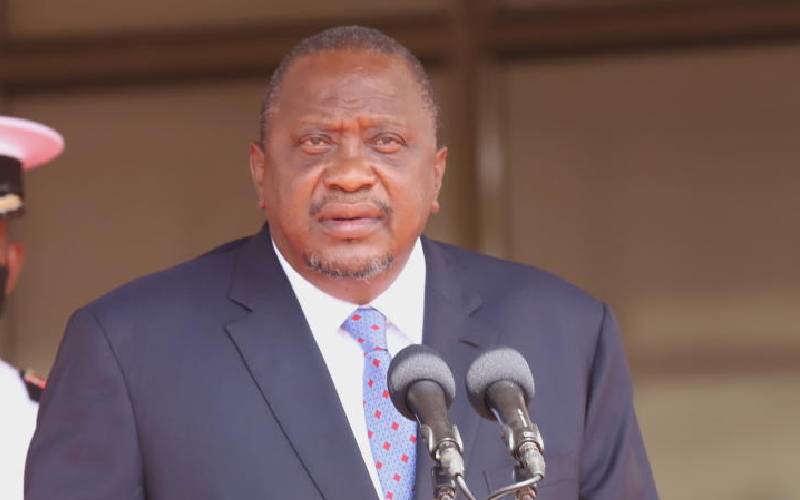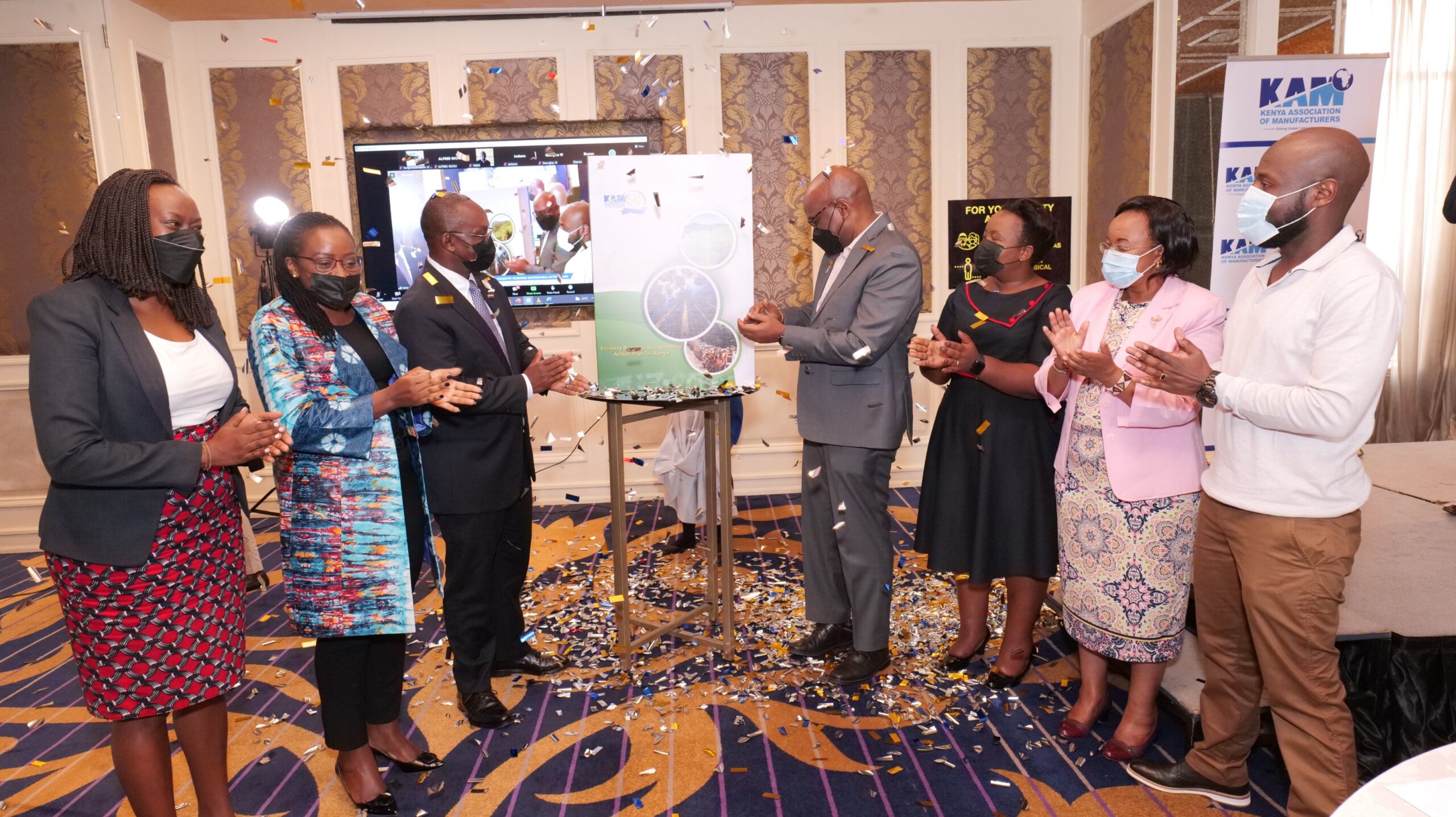
President Uhuru Kenyatta has presented his annual State of the Nation Address painting a picture of hope, resilience and progress in the face of adversity.
Basing the speech on the economy, social structure and democracy, the president said interventions set in place to beat the Covid-19 pandemic helped to reinforce the resilience of the economy while cushioning millions of households against the harsh effects.
From the National Assembly, the president said while most economies in the world shrunk, Kenya’s grew at 0.3 per cent during the 2020 period despite the Covid challenge.

President Uhuru Kenyatta complained of his State of the Nation speech being long and tiring.
“Najaribu kukatakata jamani hata mimi nimechoka (I’m trying to keep it short; even I am tired),” he said as the MPs giggled.
Uhuru, who read his speech for more than two hours while standing at the Parliament precincts, said this as he sipped water.
As the MPs kept on giggling, Uhuru went ahead with his speech as he took breaks to quench his dry throat.
Before complaining, Uhuru had read the first part of his speech and informed the MPs that it was just the beginning.
“This is just the first part,” he said as he smiled at the MPs who were also giggling.
During his speech, Uhuru rallied all Kenyans to secure their vaccination against Covid-19 in the wake of the Omicron variant.
“I invite the media to use their platforms to promote the vaccination campaign,” he said during his State of the Nation address on Tuesday.
Uhuru said Kenyans need to be cautious and responsible against the variant.
“Let us tear down this disease, ladies and gentlemen,” he said.
He also relived his time as a parliamentarian, saying it taught him to serve Kenyans without looking at what side of the divide they are in.
The President reminisced how he was introduced to the House by ODM leader Raila Odinga and ANC leader Musalia Mudavadi.
“It is always a privilege to be here. I was here as nominated MP and later as Cabinet Minister. In 2002 I came back as Leader of Official Opposition, and Gatundu South MP,” he said.
The President said returning to the House equally reminds him of when he served as Trade and Finance minister.

















